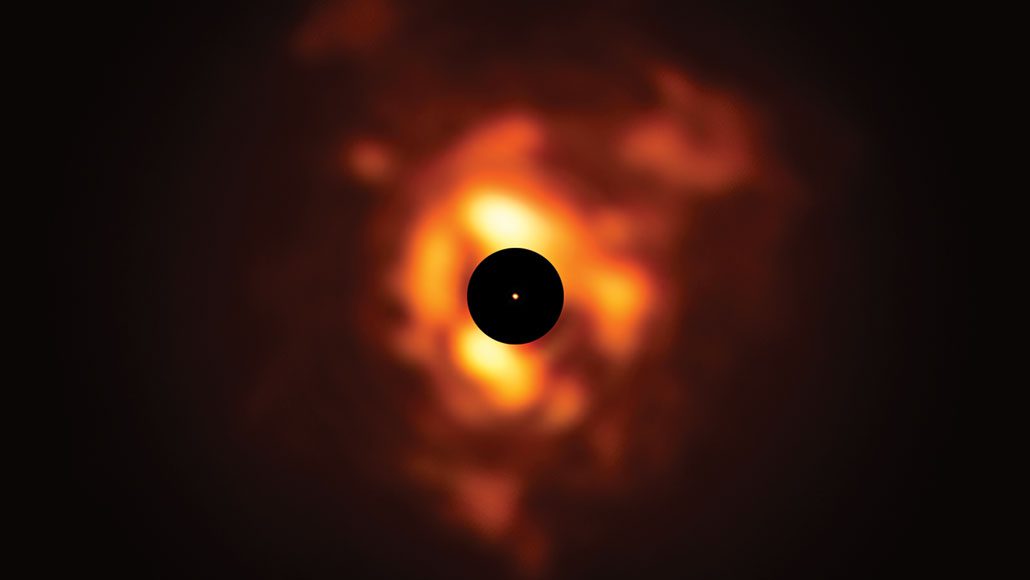When the popular red supergiant began acting weird, some believed that it was about to go supernova, but scientists now know what is going on!
Before the ongoing pandemic became such a headline-catcher, the possibility of the nearby giant star Betelgeuse going boom captured its fair share of attention.
It went through an unexpected and severe period of dimming over a few months in late 2019 and early 2020, making some wonder if the inevitable was going to happen.
The star became ten times darker than usual, reported Miguel Montargès of the Observatoire de Paris, France, and his colleagues in a recent paper in the journal Nature.
The study also includes analysis imagery from 2019 and 2020, which showed that, during the Great Dimming, Betelgeuse was, in fact, being obscured by its stellar exhalations.
Montargès said that the scientists have directly witnessed the birth of so-called stardust via the European Southern Observatory’s Very Large Telescope in Chile.
Red supergiants are the biggest stars of the universe, as they are a stage in the life cycle of giant stars in which they expand, start cooling, and decrease in mass in the process of ultimately going out with a colossal blast in the end.
The Great Dimming of Betelgeuse appears to be the result of a mass loss incident.
The star expelled a clump of gaseous matter close to a region of its southern area that produced a cold patch soon after.
The cooling of the ejected gas granted made it condense into stardust.
Emily M. Levesque, an astronomer of the University of Washington, who didn’t take part in the research, explained:
“This process generated a dense southern dust cloud that temporarily blocked much of Betelgeuse’s light, giving us what we saw as the Great Dimming.”












Leave a Reply